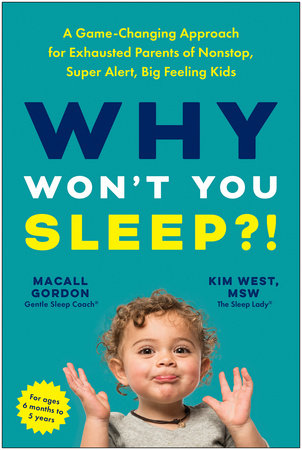Mariah Fredericks’ mesmerizing novel follows renowned novelist Edith Wharton in the twilight years of the Gilded Age in New York as she tracks a killer.
THE WHARTON PLOT
by Mariah Fredericks
Minotaur Books, January 2024
(via Levine Greenberg Rostan)
 New York City, 1911. Edith Wharton, almost equally famed for her novels and her sharp tongue, is bone-tired of Manhattan. Finding herself at a crossroads with both her marriage and her writing, she makes the decision to leave America, her publisher, and her loveless marriage.
New York City, 1911. Edith Wharton, almost equally famed for her novels and her sharp tongue, is bone-tired of Manhattan. Finding herself at a crossroads with both her marriage and her writing, she makes the decision to leave America, her publisher, and her loveless marriage.
And then, dashing novelist David Graham Phillips―a writer with often notorious ideas about society and women’s place in it―is shot to death outside the Princeton Club. Edith herself met the man only once, when the two formed a mutual distaste over tea in the Palm Court of the Belmont hotel. When Phillips is killed, Edith’s life takes another turn. His sister is convinced Graham was killed by someone determined to stop the publication of his next book, which promised to uncover secrets that powerful people would rather stayed hidden. Though unconvinced, Edith is curious. What kind of book could push someone to kill?
Inspired by a true story, THE WHARTON PLOT follows Edith Wharton through the fading years of the Gilded Age in a city she once loved so well, telling a taut tale of fame, love, and murder, as she becomes obsessed with solving a crime.
“Superb . . . Thanks to a literary plot laced with arch wit and precise put-downs, appearances by Wharton’s famous friends (including Henry James and the Vanderbilts), and an eclectic assortment of the upper crust in the waning days of a varnished era, Fredericks hits this one out of the park.”―Library Journal (Starred Review)
“THE WHARTON PLOT a vivid, fascinating, entertaining mystery. Readers looking for a bit of history with their suspense will be gripped.”―Publishers Weekly
« Fredericks’ elegantly written narrative gives a lively look at an author way ahead of her time. »―Kirkus Reviews
« Written with grace and wit, THE WHARTON PLOT is a pleasure to read. »―Wall Street Journal
« Based on the real murder of Phillips, Fredericks’ latest will especially appeal to bibliophiles, who will enjoy reading tidbits about the real-life authors who appear. »―Booklist
Mariah Fredericks was born, raised, and still lives in New York City. She graduated from Vassar College with a degree in history. She is the author of the Jane Prescott mystery series, which has twice been nominated for the Mary Higgins Clark Award, as well as several YA novels.

 Worlds turn. Particles spin. Love endures.
Worlds turn. Particles spin. Love endures. When Kate Summerlin was eleven years old, she climbed out her bedroom window on a spring night, looking for a taste of freedom in the small college town where she was living with her parents. But what she found as she wandered in the woods near her house was something else: the body of a beautiful young woman, the first of Merkury’s victims. And before she could come to grips with what she was seeing, she heard a voice behind her—the killer’s voice—saying: “Don’t turn around.”
When Kate Summerlin was eleven years old, she climbed out her bedroom window on a spring night, looking for a taste of freedom in the small college town where she was living with her parents. But what she found as she wandered in the woods near her house was something else: the body of a beautiful young woman, the first of Merkury’s victims. And before she could come to grips with what she was seeing, she heard a voice behind her—the killer’s voice—saying: “Don’t turn around.” A tsunami of modern sleep training methods promise “easy” and “quick” results and for many parents and children, these methods work as intended. However, there is a large, exhausted group of parents whose children have sleep problems that are not responsive to those crying-based methods. These children tend to be more reactive, persistent, and perceptive than their peers. And when it comes to sleep, little ones with this kind of temperament put up a much, much bigger fight. They need a different approach. That’s where Why Won’t You Sleep? comes in. Based on extensive research and proven methods used with thousands of families just like yours, this guide gives you strategies tailored to your child’s unique temperament. Readers will learn:
A tsunami of modern sleep training methods promise “easy” and “quick” results and for many parents and children, these methods work as intended. However, there is a large, exhausted group of parents whose children have sleep problems that are not responsive to those crying-based methods. These children tend to be more reactive, persistent, and perceptive than their peers. And when it comes to sleep, little ones with this kind of temperament put up a much, much bigger fight. They need a different approach. That’s where Why Won’t You Sleep? comes in. Based on extensive research and proven methods used with thousands of families just like yours, this guide gives you strategies tailored to your child’s unique temperament. Readers will learn: